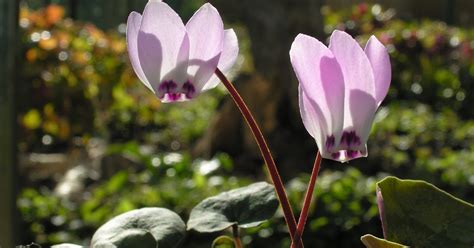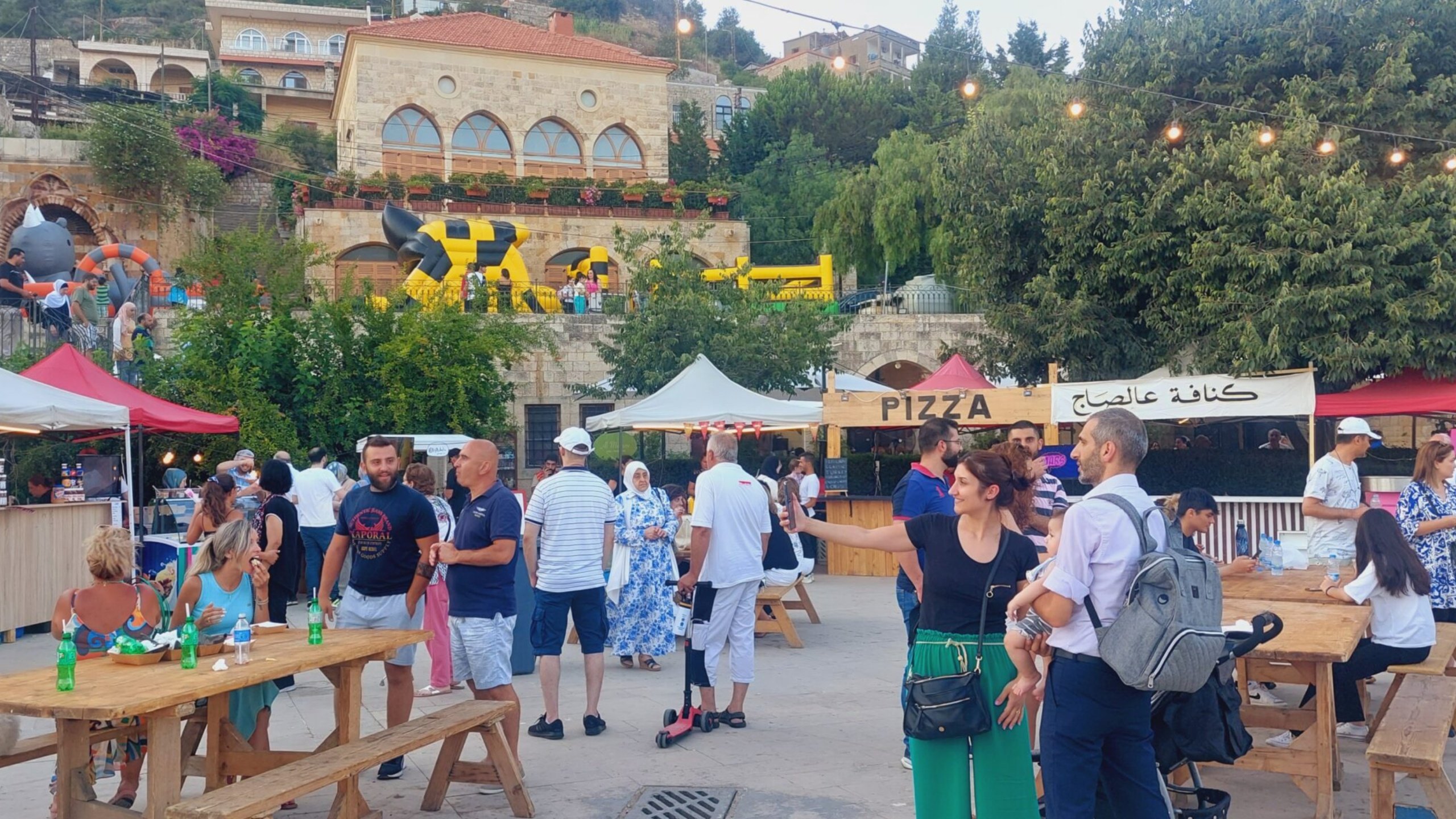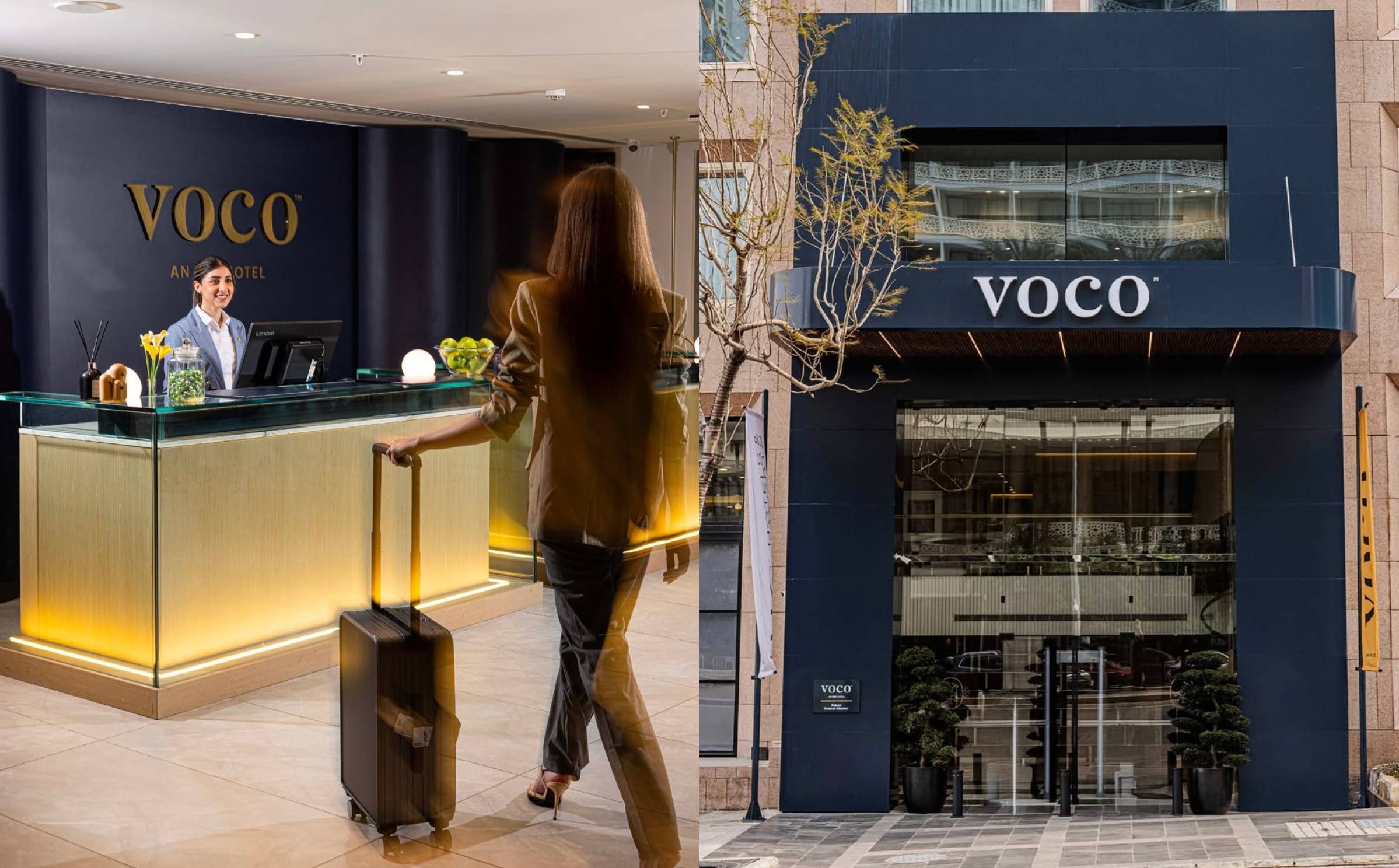Blog
Keeping up with Lebanese Musician Liliane Chlela
When she’s not doing freelance graphic design work, Liliane Chlela, 27, can be seen around town playing solo sets of avant-garde electronica, moody post-rock with Hezbel Taleta, lively electro-acoustic drum n’ bass with The DnB Project, and more recently, experimenting with jazz guitarist Mihran Gurunian.
Beirut.com had a chat with Chlela on her recent activities, eclectic projects, and soon-to-be-released sophomore album.

(Photo via Facebook)
Beirut.com: How long have you been producing electronic music and how did you first get into it?
Chlela: I’ve been producing for about seven years now. I started by messing around with tapes, pedals, keyboards, and effectors.
Beirut.com: Which artists do you admire most, both internationally, and locally?
Chlela: Oh wow, the list is very long. A few highlights: Tim Hecker, Ben Frost, Martin Stig Andersen, Tarek Atoui and Osman Arabi.
Beirut.com: What influences your music the most?
Chlela: I have to play half of my female card here: impulsiveness and experiments.
Beirut.com: You’re one of the few, if only, female producers on the local scene. What’s it like to stand out like that?
Chlela: Being a female producer is neither an advantage nor a burden; highlighting the fact that I’m a woman would be even sillier than artists selling their Middle Eastern exoticism. I should not be highlighted as such because I am definitely not the only person producing this kind of music; the highlight should exclusively be the outcome.
Beirut.com: Why do you think there aren’t that many female producers?
Chlela: I still don’t get why not either. One could easily blame sexism and the system and all of that, but really, everything is accessible, everyone is exposed to a massive amount of information. Producing is a choice: if you’re curious enough to start from scratch, research, learn, experiment and share, then you’re good to go, regardless.
Beirut.com: You recently took part in the Red Bull Music Academy Bass Camp in Dubai. What was that experience like for you?
Chlela: The RBMA Bass Camp was cool. Getting to listen to people from around the region and collaborating with them was a highlight, along with awesome lecturers [Just Blaze, Derrick May, Gareth Jones] and gigs.
Beirut.com: After the camp, you teamed up with fellow participant Mihran Gurunian for a live collaboration that took place on a balcony, and you’ve been working with him ever since on a joint project. What can we expect from this project?
Chlela: The most interesting part of this new collaboration is the fact that it could go to different places and take different directions in a matter of minutes. The exchange with Mihran is great. We leave space for each other’s sounds while clashing sound palettes. Expect more performances and collaborations on different projects.
Beirut.com: A lot of your projects involve improvisation. How do your jam sessions usually go, and how does it all come together?
Chlela: Each project’s process is different; but all in all, what happens live is what you get. We try to work our way around a phrase or a loop or a sound and it builds up, clashes or mutates into something else, we never know where it’s going and it’s awesome (for those of us who are not control freaks).
Beirut.com: When did you start working on your upcoming album, and what can listeners expect from that?
Chlela: I started working on that album earlier this summer. It is ambient (though this specific word is overrated, heh). The album roams around one concept; each track is a derivative/ reinterpretation of its precedent and explores a different theme. Hopefully it’ll be out in a few months.
Beirut.com: What has been your motivation to stay and remain active?
Chlela: Producing ‘music’. As long as I’m still learning, enjoying, collaborating and sharing. The potential is big in Beirut; so much more should happen.
Beirut.com: Who else in the local scene would you like to collaborate with some day?
Chlela: The list is long, so many pending projects. Top priority definitely goes to Osman Arabi and Radio KVM. I have known and admired both for quite a while now. Mr. Arabi’s tenacious approach to sound has always kept me wondering what on earth is going on in his head. Radio KVM’s spot-on meticulousness and curiosity in acquiring styles and techniques has always left me wondering what if.
Beirut.com: You recently remixed OkyDoky’s Queen of the Locusts for his debut album Boombox. What other local artists would you like to remix in the future?
Chlela: I have recently remixed Jad Atoui, so that’s crossed off the list. I’d love to remix Radio KVM, Charbel Haber, and Alif Ensemble.
Beirut.com: Do you have any announcements you’d like to make?
Chlela: Robots > humans.
Be sure to listen to Chlela’s work on Soundcloud and catch her next solo performance on December 29 at Yukunkun.
Beirut.com had a chat with Chlela on her recent activities, eclectic projects, and soon-to-be-released sophomore album.

(Photo via Facebook)
Beirut.com: How long have you been producing electronic music and how did you first get into it?
Chlela: I’ve been producing for about seven years now. I started by messing around with tapes, pedals, keyboards, and effectors.
Beirut.com: Which artists do you admire most, both internationally, and locally?
Chlela: Oh wow, the list is very long. A few highlights: Tim Hecker, Ben Frost, Martin Stig Andersen, Tarek Atoui and Osman Arabi.
Beirut.com: What influences your music the most?
Chlela: I have to play half of my female card here: impulsiveness and experiments.
Beirut.com: You’re one of the few, if only, female producers on the local scene. What’s it like to stand out like that?
Chlela: Being a female producer is neither an advantage nor a burden; highlighting the fact that I’m a woman would be even sillier than artists selling their Middle Eastern exoticism. I should not be highlighted as such because I am definitely not the only person producing this kind of music; the highlight should exclusively be the outcome.
Beirut.com: Why do you think there aren’t that many female producers?
Chlela: I still don’t get why not either. One could easily blame sexism and the system and all of that, but really, everything is accessible, everyone is exposed to a massive amount of information. Producing is a choice: if you’re curious enough to start from scratch, research, learn, experiment and share, then you’re good to go, regardless.
Beirut.com: You recently took part in the Red Bull Music Academy Bass Camp in Dubai. What was that experience like for you?
Chlela: The RBMA Bass Camp was cool. Getting to listen to people from around the region and collaborating with them was a highlight, along with awesome lecturers [Just Blaze, Derrick May, Gareth Jones] and gigs.
Beirut.com: After the camp, you teamed up with fellow participant Mihran Gurunian for a live collaboration that took place on a balcony, and you’ve been working with him ever since on a joint project. What can we expect from this project?
Chlela: The most interesting part of this new collaboration is the fact that it could go to different places and take different directions in a matter of minutes. The exchange with Mihran is great. We leave space for each other’s sounds while clashing sound palettes. Expect more performances and collaborations on different projects.
Beirut.com: A lot of your projects involve improvisation. How do your jam sessions usually go, and how does it all come together?
Chlela: Each project’s process is different; but all in all, what happens live is what you get. We try to work our way around a phrase or a loop or a sound and it builds up, clashes or mutates into something else, we never know where it’s going and it’s awesome (for those of us who are not control freaks).
Beirut.com: When did you start working on your upcoming album, and what can listeners expect from that?
Chlela: I started working on that album earlier this summer. It is ambient (though this specific word is overrated, heh). The album roams around one concept; each track is a derivative/ reinterpretation of its precedent and explores a different theme. Hopefully it’ll be out in a few months.
Beirut.com: What has been your motivation to stay and remain active?
Chlela: Producing ‘music’. As long as I’m still learning, enjoying, collaborating and sharing. The potential is big in Beirut; so much more should happen.
Beirut.com: Who else in the local scene would you like to collaborate with some day?
Chlela: The list is long, so many pending projects. Top priority definitely goes to Osman Arabi and Radio KVM. I have known and admired both for quite a while now. Mr. Arabi’s tenacious approach to sound has always kept me wondering what on earth is going on in his head. Radio KVM’s spot-on meticulousness and curiosity in acquiring styles and techniques has always left me wondering what if.
Beirut.com: You recently remixed OkyDoky’s Queen of the Locusts for his debut album Boombox. What other local artists would you like to remix in the future?
Chlela: I have recently remixed Jad Atoui, so that’s crossed off the list. I’d love to remix Radio KVM, Charbel Haber, and Alif Ensemble.
Beirut.com: Do you have any announcements you’d like to make?
Chlela: Robots > humans.
Be sure to listen to Chlela’s work on Soundcloud and catch her next solo performance on December 29 at Yukunkun.





